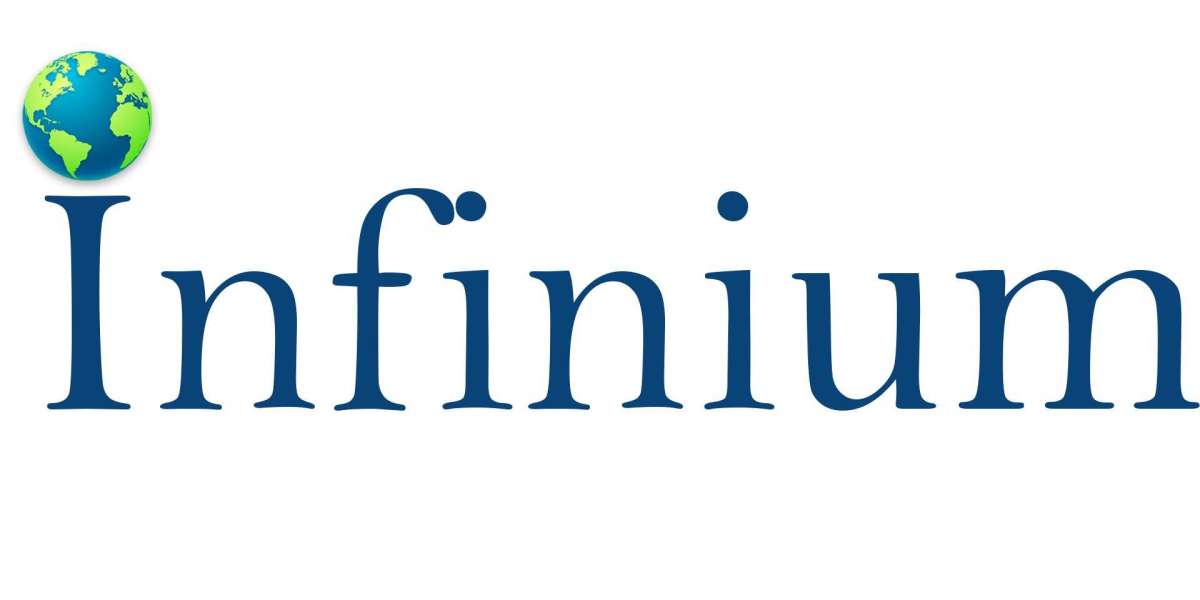Market Overview
Human Growth Hormone, also known as somatotropin, is a peptide hormone produced by the pituitary gland that stimulates growth, cell reproduction, and cell regeneration in humans. HGH therapies are used to treat a variety of conditions such as growth hormone deficiency, Turner syndrome, chronic renal insufficiency, and Prader-Willi syndrome, among others. The HGH market includes synthetic and recombinant growth hormones used in both pediatric and adult populations.
The Human Growth Hormone market has witnessed significant growth in recent years, driven by the increasing prevalence of growth disorders, advancements in biotechnology, and a growing awareness of HGH therapies. This market encompasses a range of products and services designed to treat conditions related to growth hormone deficiencies and other related health issues. This article provides a comprehensive overview of the HGH market, covering its current trends, key drivers, challenges, and future prospects.
Key Market Drivers
- Increasing Prevalence of Growth Disorders: One of the primary drivers of the HGH market is the rising incidence of growth disorders and related conditions. Growth hormone deficiencies can lead to severe health complications if not treated, thereby driving the demand for HGH therapies.
- Advancements in Biotechnology: Technological advancements in biotechnology have significantly improved the production and efficacy of HGH products. Recombinant DNA technology, for instance, has enabled the production of synthetic growth hormones that are safer and more effective.
- Rising Awareness and Diagnostic Rates: Increased awareness about growth disorders and improved diagnostic capabilities have led to higher detection rates of growth hormone deficiencies. This, in turn, has fueled the demand for HGH therapies.
- Aging Population: The global aging population is another factor contributing to market growth. HGH is sometimes used off-label for anti-aging treatments, although this usage is controversial and regulated differently across regions.
Human Growth Hormone Share
The Human Growth Hormone market share is distributed among several key players, including pharmaceutical giants and biotechnology companies. Major contributors to the market include Pfizer Inc., Eli Lilly and Company, Novo Nordisk, and Merck KGaA. These companies hold a significant share of the market due to their extensive product portfolios, strong distribution networks, and ongoing research and development efforts. The market share is also influenced by factors such as pricing strategies, brand reputation, and regulatory approvals.
Market Segmentation
The HGH market can be segmented based on product type, application, distribution channel, and region.
- By Product Type: The market includes synthetic and recombinant HGH products. Recombinant HGH is the most widely used due to its high efficacy and reduced risk of adverse effects.
- By Application: The key applications of HGH include growth hormone deficiency, Turner syndrome, chronic renal insufficiency, Prader-Willi syndrome, and others.
- By Distribution Channel: HGH products are distributed through hospital pharmacies, retail pharmacies, online pharmacies, and specialty clinics.
- By Region: Geographically, the market is divided into North America, Europe, Asia-Pacific, Latin America, and the Middle East Africa. North America holds the largest market share, followed by Europe, due to advanced healthcare infrastructure and high awareness levels.
Challenges in the HGH Market
Despite its growth prospects, the HGH market faces several challenges:
- High Costs: HGH therapies are expensive, which can limit access, particularly in low- and middle-income countries. The high cost of production and the need for long-term treatment contribute to these high prices.
- Regulatory Hurdles: The HGH market is heavily regulated due to potential misuse and side effects. Stringent regulatory approvals and monitoring can slow down the introduction of new products.
- Side Effects and Misuse: Potential side effects such as joint pain, muscle pain, and increased risk of diabetes and cardiovascular diseases pose challenges. Additionally, misuse of HGH, particularly in sports and bodybuilding, has led to stricter regulations and monitoring.
Future Prospects
The future of the HGH market looks promising, with ongoing research and development activities aimed at improving the efficacy and safety of HGH products. Innovations such as long-acting growth hormones and gene therapy hold potential to revolutionize the market. Additionally, increasing investments in healthcare infrastructure and rising awareness in emerging markets are expected to create new growth opportunities.
The Human Growth Hormone market is poised for significant growth, driven by advancements in biotechnology, increasing prevalence of growth disorders, and rising awareness. While challenges such as high costs and regulatory hurdles exist, ongoing research and innovation are expected to address these issues and pave the way for a more accessible and effective HGH market. As the market continues to evolve, it will play a crucial role in improving the quality of life for individuals with growth hormone deficiencies and related conditions.
Related Report
Malaysia Medical Tourism Market
Laboratory Information Management Systems Lims Market


